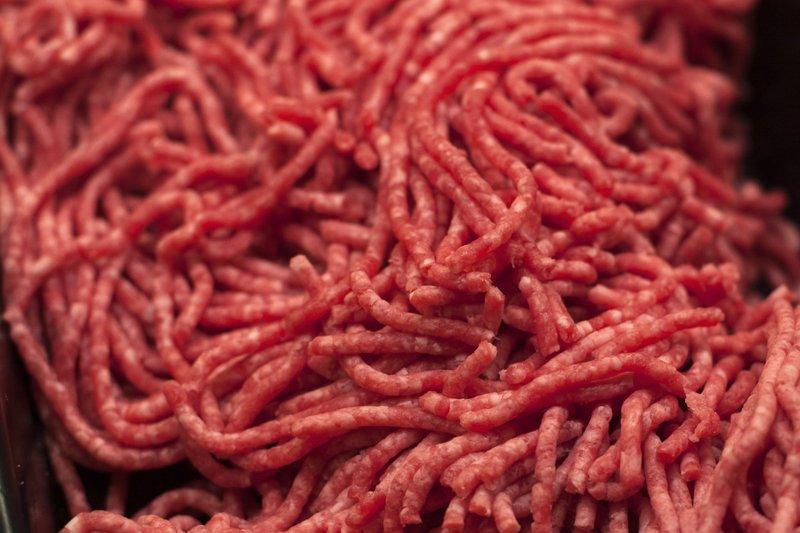Ground beef is the food responsible for a mystery E. coli outbreak involving 109 cases of illness in six states, according to preliminary evidence, the US Centers for Disease Control and Prevention said on April 12.
“Ill people in this outbreak report eating ground beef at home and in restaurants,” the CDC said in its outbreak update.




